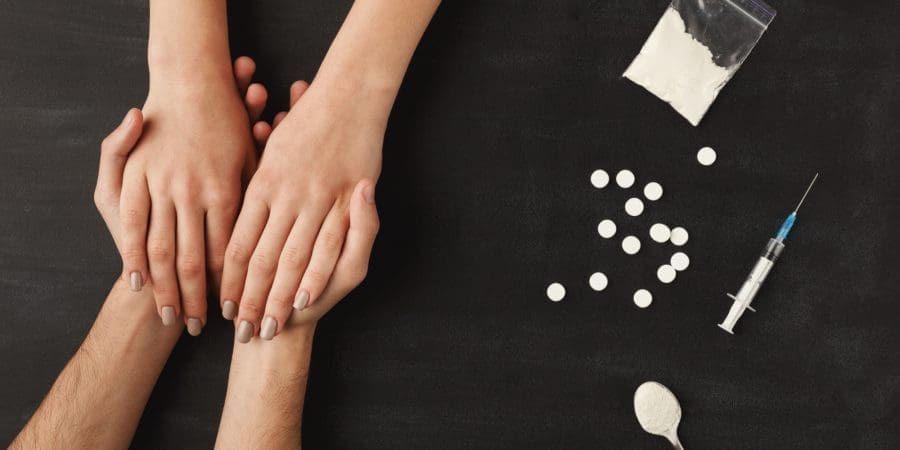Access specialized opioid addiction treatment to safely manage recovery challenges.
Wiki Article
Comprehensive Dependency Therapy Options: A Guide to Alcohol Dependency Healing and the Role of CBT
In the world of alcohol addiction recuperation, the fostering of Cognitive Behavioral Treatment (CBT) alongside typical detox and recovery methods has marked a substantial evolution in therapy standards. This integrated strategy not only attends to the physical aspects of dependency yet also looks into the psychological battleground where most regressions take place. By furnishing individuals with tools to reshape maladaptive ideas and responses, CBT enhances the effectiveness of their recuperation journey. The assimilation of such therapies raises interesting inquiries concerning their synergistic potential.Exploring the Range of Alcoholism Therapies

The Scientific Research and Performance of Cognitive Behavior Modification in Dependency Recuperation
Among the different healing approaches for alcohol addiction healing, Cognitive Behavior Treatment (CBT) attracts attention due to its well-documented efficiency. CBT operates the concept that maladaptive actions and thoughts contribute to the maintenance of addiction. By restructuring these thoughts and promoting healthier behavior feedbacks, CBT help people in managing triggers and decreasing relapse prices. Research study sustains CBT's efficacy, showing considerable enhancements in dealing approaches and a decline in substance usage amongst individuals. This treatment is commonly time-limited, involving sessions that concentrate on specific skills like problem-solving or stress management, which are vital for long-lasting healing. CBT's adaptability makes it ideal for a varied variety of individuals, further confirming its duty as a cornerstone in addiction therapy approaches (alcohol addiction treatment).
Incorporating CBT With Other Recuperation Approaches for Ideal Outcomes
While Cognitive Behavior Modification (CBT) verifies highly efficient in dealing with dependency, incorporating it with other healing methods can boost treatment results. Incorporating CBT with pharmacotherapy, for instance, addresses both emotional habits and physiological requirements, giving a more all natural approach. Medicines can addiction treatment center take care of withdrawal symptoms and food cravings, enabling CBT to focus more intensively on dealing strategies and behavioral modification. Additionally, incorporating peer assistance teams with CBT encourages sharing experiences and mutual understanding, which reinforces psychological strength and recovery commitment. Family treatment can additionally enhance CBT by boosting interaction and fixing relationships impacted by dependency. These integrative methods not only strengthen the person's capacity to avoid alcohol however additionally boost general psychological wellness and health.
Conclusion
In conclusion, detailed dependency therapy for alcohol recuperation involves a complex approach that combines medical, mental, and alternative techniques (Medication-Assisted Treatment). Cognitive Behavior Treatment (CBT) stands out as an important component, considerably improving the efficacy of recovery by attending to damaging thought patterns and behaviors. By integrating CBT with other healing strategies, people are offered a durable assistance system, boosting their possibilities of sustained recovery and advertising general emotional resilience within a supporting area settingReport this wiki page